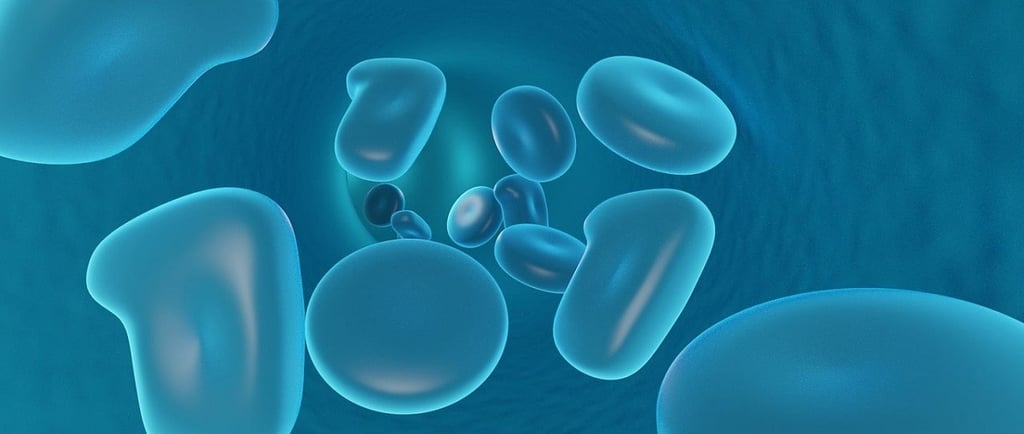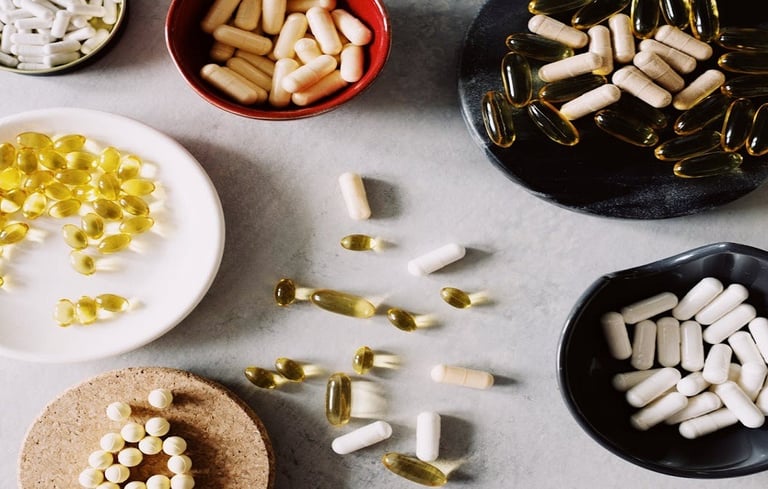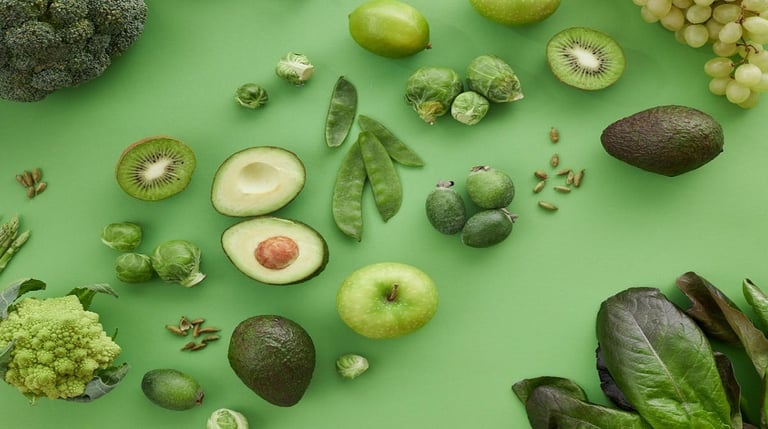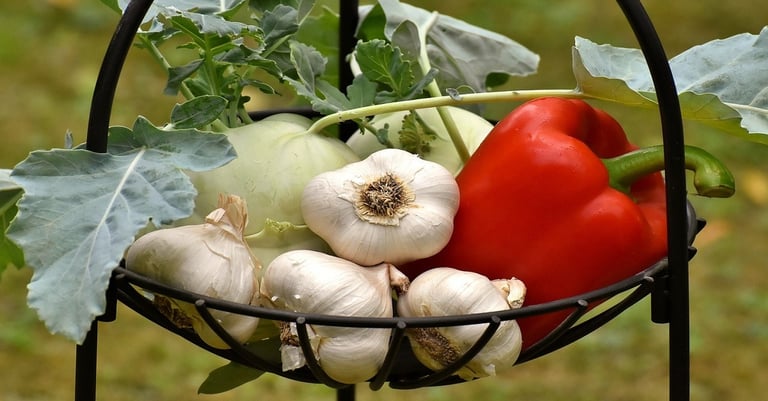What are antioxidants?
Antioxidants neutralize harmful free radicals in the body and protect cells from damage. Berries, nuts, coffee, etc. are rich in antioxidants. Read this microblog to learn more!


Definition of Antioxidants
Antioxidants are substances or molecules that help fight free radicals and protect the body from several diseases.
Free radicals are byproducts produced when our body makes energy from food and reacts to environmental conditions.
Excess free radicals are also formed due to the following conditions.
· Alcohol consumption


· Air pollution


· Cigarette smoke


· Bacterial or viral infections
· Increased blood sugar levels
· Radiation
We need antioxidants to protect body cells from oxidative stress (damage caused by free radicals). Excess free radicals in the body can cause diseases like diabetes, cardiovascular disease, and cancer.
What are the types of Antioxidants?
Antioxidants are of the following two types.
· Endogenous antioxidants
These are antioxidants produced by the body, such as Melatonin, alpha-lipoic acid, Uric acid, L-carnitine, and Glutathione.
· Exogenous antioxidants
They come from the diet. Various substances have antioxidant properties and can act to help fight free radicals, Following are examples of exogenous antioxidants.
· Selenium
· Manganese
· Beta-carotene
· Lycopene
· Lutein
· Vitamin A
· Vitamin C
· Vitamin E
· Vitamin B6
· Gallic acid









